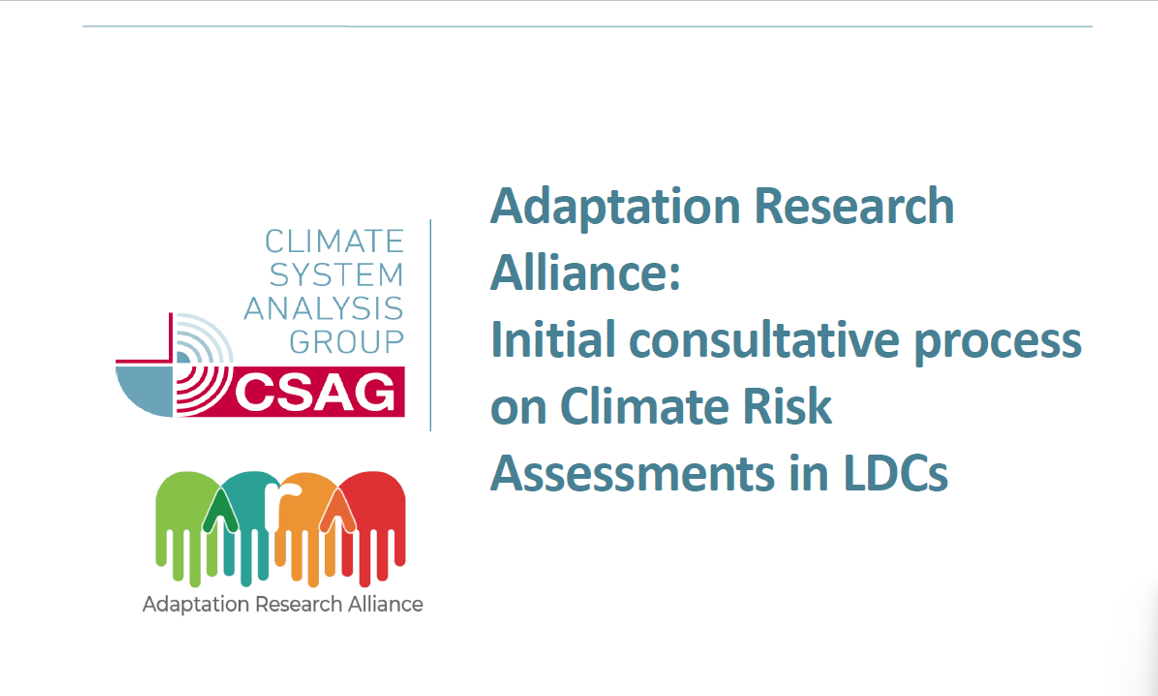Project Summary
The proposed project will focus on the risk management theme where the risk assessment is conducted through a co-created participatory approach and the outcomes used to inform the slum upgrading program and link to climate change action planning in Kenya. The project is also cross-cutting among themes such as health, infrastructure, housing, water resources among others. The climate risk assessment allows the understanding of the climate hazards Mukuru is exposed to and their probability of occurrence alongside their historical, current and potential impacts. This is not only in the risk management theme but also on health, infrastructures, and livelihoods as the hazard interacts with the people and their livelihood supporting systems. The core theme perhaps is city planning which integrates all these other themes in an attempt to make the city more resilient. The slum upgrading aims to influence the infrastructure, health, food systems among other sectors and the proposed idea sets to influence the slum upgrading processes through co-created action research, policy development and decision making.
Proposed activities
- Conduct an assessment of the climate risk assessment tools currently being applied in the informal settlements, identify their strengths and limitations and use these to build an integrated climate risk assessment tool.
- Run the four multi-community adaptation labs consecutively. The adaptation labs will assess climate risk experiences, the impacts and how various interventions of climate adaptations are enhancing urban resilience. The community adaptation labs (CALs) will allow the application of the integrated assessment tool among the various groups to capture the climate risks perception and knowledge among the four cadre of stakeholders. This will allow the co-creation of evidence of climate risks manifestation and possible evolutions within the informal settlement to ultimately inform the slum upgrading initiatives with the lens of climate change adaptation and urban resilience. The developed integrated climate risks assessment tool will be applied in the CALs focusing on the following key stakeholders groups:
-
- The local community in Mukuru
- The Mukuru Community Based organizations
- The NGOs with relevant interest and influence in Mukuru
- The Nairobi city County Government and the National government stakeholders
-
- Develop adaptation matrix for the various groups living in the Mukuru informal settlement. This will involve a synthesis of the information gathered through the CALs and the global best practices.
- Report development and validation process will then ensue with the focus on the co-created adaptation research and action needs identified to further inform the slum upgrading initiatives.
Reference materials

